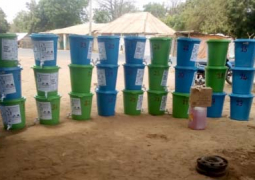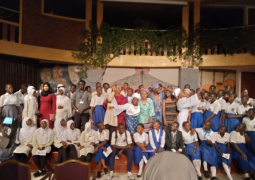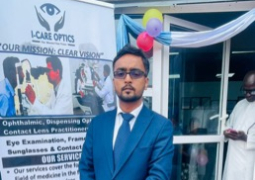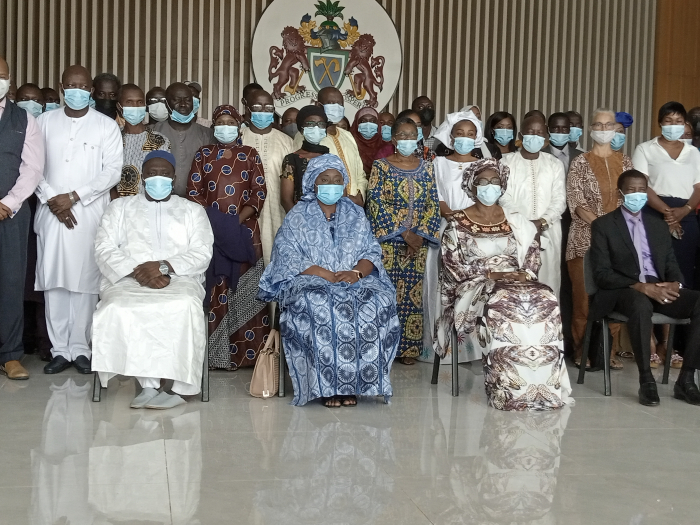
The event, held at Sir Dawda Kairaba Conference Center in Bijilo, was funded by the Korea International Cooperation Agency (KOICA).
The project seeks to reinforce Technical Vocational Education and Training System in The Gambia. The project is also designed to create an enabling environment that will give young people, especially girls, a better chance of finding decent employment.
At the forum, Badara Joof, minister of Higher Education, Research, Science and Technology underscored the importance of TVET in the development of any country, saying helping the youth with skills and creative art will restore hope in country’s future.
Minister Joof indicated that it will also help them to make career choices to help themselves to prepare for the future.
“Those that are good with their hands can continue to work with their hands and those that are also good academically will also be supported to work for the development of the country.”
Also speaking, Dimitri Sanga, regional director of UNESCO Dakar Office expressed delight to be part of the validation of the draft TVET policy for the development of science.
Sanga, however, noted that to better the chance of girls to have a decent employment and long life learning opportunity, there is need to improve the knowledge base of TVET in The Gambia and to remove the negative perception that people have about TVET.
He expressed optimism that when the TVET policy is implemented, it will enable Gambia youth especially girls to have good and meaningful skills that will help them earn brighter future.
Dr. Isatou Touray, vice president of the Gambia, thanked UNESCO Dakar Office and KOICA for supporting the MoHERST for coming up with the good idea to revitalise the country’s TVET policy.
The vice president described the coming of the project as timely, saying the concept has touched all aspects of lives in country.
She reminded that in order to implement all the ideas captured in the policy to ensure its full implementation, there is need to nurture peace in the country.
Read Other Articles In National News
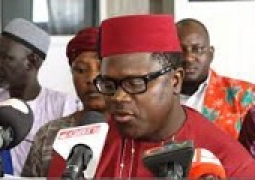
‘Gambia’s democratic space under President Adama Barrow is boundless’
Feb 28, 2023, 12:18 PM
